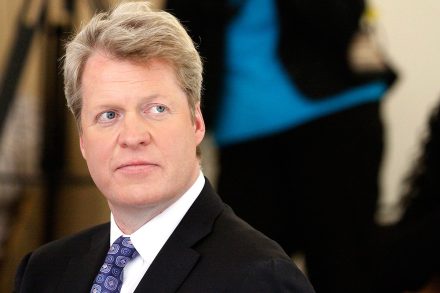Pure, white and native: the birch as a symbol of Russian nationalism
The image of the birch tree in popular Russian culture is as manifold as the trees themselves, but we could do worse than to begin with the song ‘Why do the birches rustle so loudly in Russia?’ By the patriotic band called Lube — apparently Putin’s favourite — it’s a melancholic guitar ballad that also mentions the soul, accordions, suffering, falling leaves, an old woman waving goodbye, and a beloved woman (rodnaya) ‘my own’, from the same root as rodina, motherland. It also happens to be sung by a handsome young village policeman. Na zdarovya! A shot of birch kitsch at its most potent. As Tom Jeffreys mentions in his




















